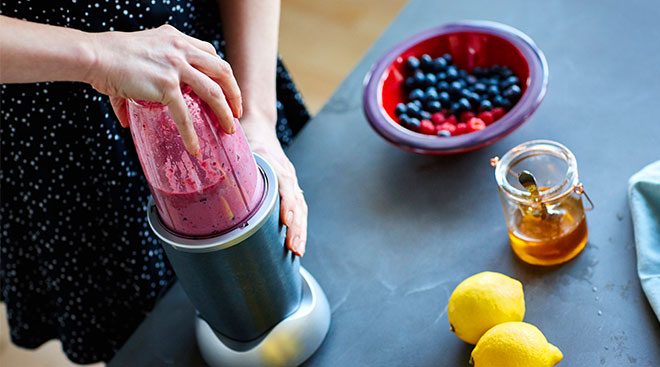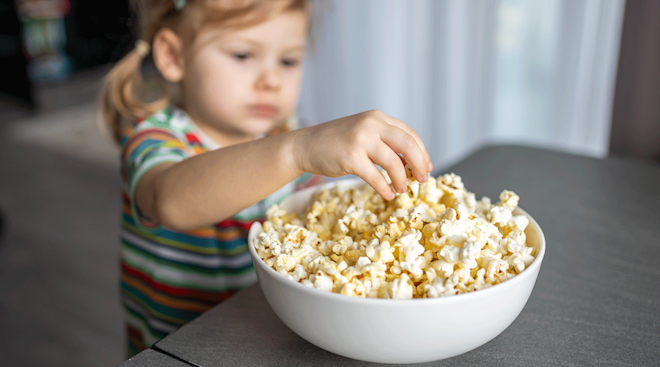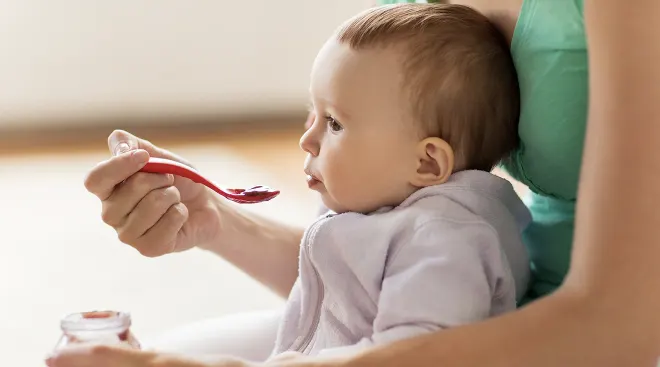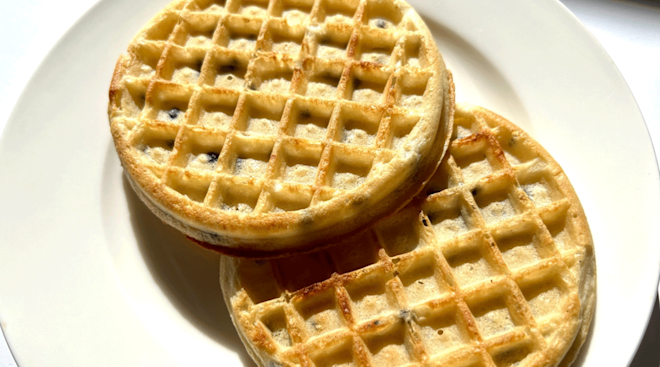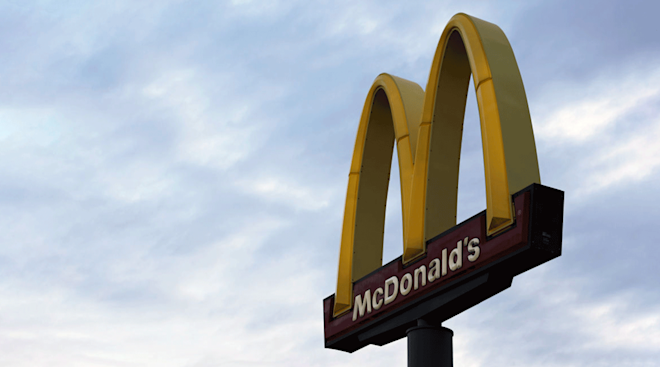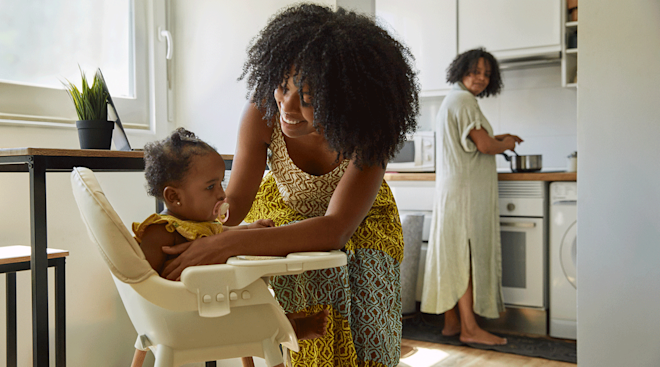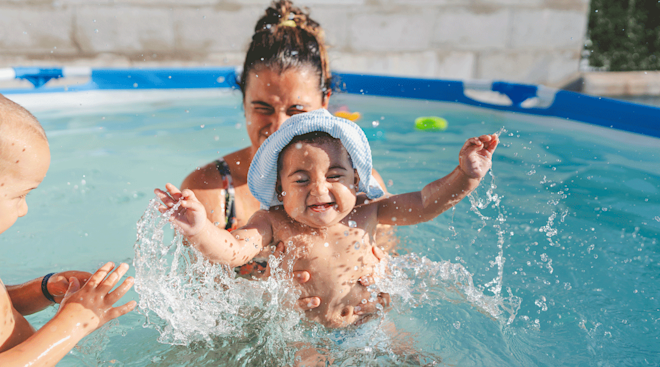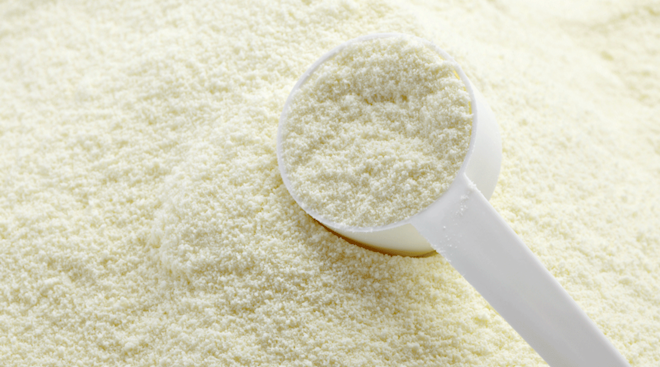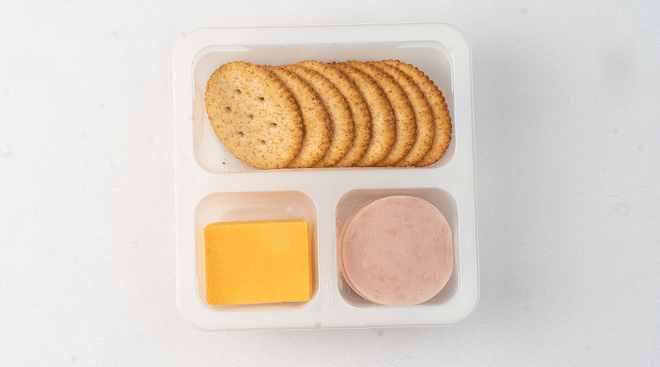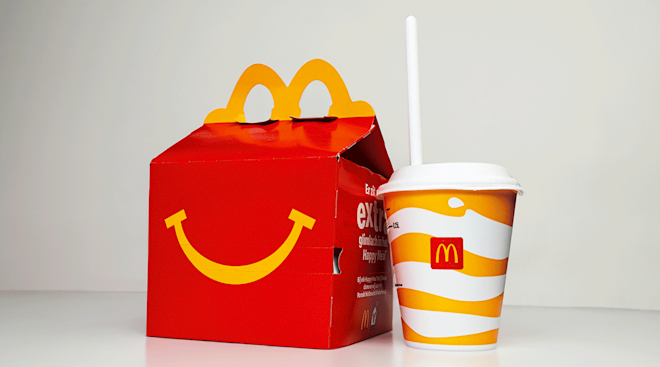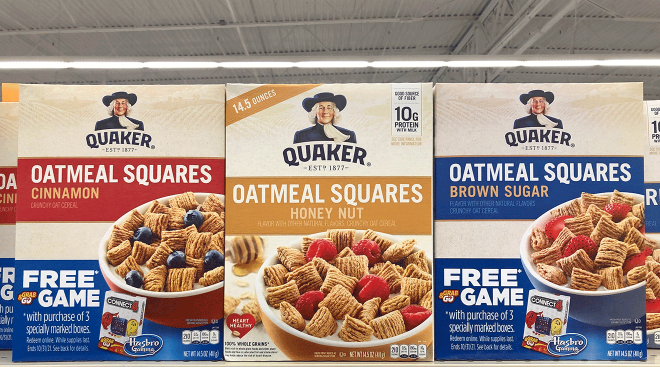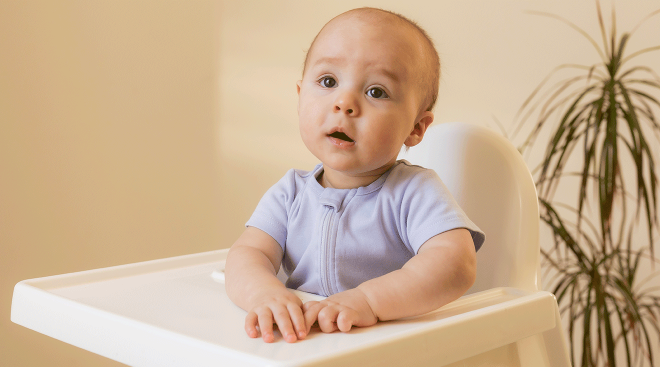Pediatricians Weigh in: What to Know About Heavy Metals in Baby Food
A congressional investigation report released last week found that baby food from four major baby food brands contain high levels of heavy metals, including arsenic, lead, cadmium and mercury. As pediatricians, we’ve been getting a ton of questions from concerned parents. Here are our answers to the top five questions about heavy metals in baby food that are on parents’ minds right now.
Metals are often found in water and soil, likely from pollution. Metals can also get into food from food manufacturing and processing.
According to the American Academy of Pediatrics (AAP), the amount of heavy metals in baby foods is likely small compared to exposure of heavy metals from other sources. Concerns are more associated with higher doses or levels of chemicals. That said, pediatricians always recommend limiting exposure to all chemicals as much as possible, especially during the critical period when a young baby’s brain is still developing. Heavy metal exposure can lead to learning difficulties and behavioral issues.
Limit lead exposure by making sure there is no peeling paint in your home (especially in older homes), avoiding hobbies that lead to lead exposure and making sure to avoid ceramics, cosmetics and imported canned foods that contain lead. Also, if you live in an older house or a house with older pipes that may contain lead or other metals, such as arsenic, be sure to have the water tested for any heavy metals. And lastly, don’t smoke. Secondhand smoke from cigarettes, e-cigarettes and vaping can expose children to heavy metals such as cadmium and lead.
Children are tested for lead usually at their 9 or 12 month check-ups along with their 2 year visits, so speak with your pediatrician to make sure your child’s blood is checked for lead at these visits, or sooner if there are any concerns of lead exposure.
The best way to limit heavy metal exposure is to feed baby a variety of foods, such as fresh fruits, vegetables and grains. We often don’t recommend rice as a food for babies since it’s not that nutritious, often causes constipation and tends to have higher levels of arsenic, with brown rice having the highest arsenic levels. That said, if you do offer rice, limit it to one serving a day.
Making your own baby food will likely help you avoid the heavy metals that may get into packaged or processed baby food. It’s also often cost-effective. You can roast or boil fruits and veggies and blend it with either water or breast milk or formula until you get a smooth consistency. If you don’t have extra time for this, though, don’t sweat it. The most important thing is to feed baby a varied diet to avoid any one large heavy metal exposure.
A lot of parents who are interested in making their own baby food ask us if they should use only organic fruits and vegetables. Our take is that spending the extra money on organic food is likely not worth it. Heavy metals are found in soil and through food manufacturing and processing, so organic foods often have similar amounts of heavy metals as non-organic foods.
About the authors:
Dina DiMaggio, MD, is a pediatrician at Pediatric Associates of NYC and at NYU Langone Medical Center, and serves as a spokesperson for the American Academy of Pediatrics. She has received numerous research awards, along with Patient’s Choice award, compassionate doctor recognition and was featured in the New York Times Magazine as a Super Doctors and New York Rising Star. She and Anthony Porto are coauthors of the book The Pediatrician’s Guide to Feeding Babies and Toddlers.
Anthony Porto, MD, MPH, FAAP, is a pediatrician and pediatric gastroenterologist at Yale New Haven Children’s Hospital and the medical director of the Yale Pediatric Celiac Program. He’s also an associate professor of pediatrics and associate clinical chief of pediatric gastroenterology at Yale School of Medicine, as well as an AAP spokesperson. He has won numerous awards including the Norman J. Siegel Award at Yale University for leadership and providing outstanding clinical care as well as Physician of the Year during his time at Morgan Stanley Children’s Hospital. He has been named Castle Connolly Top Doctors since 2012.
You can follow them on Instagram at @pediatriciansguide.
Please note: The Bump and the materials and information it contains are not intended to, and do not constitute, medical or other health advice or diagnosis and should not be used as such. You should always consult with a qualified physician or health professional about your specific circumstances.
Plus, more from The Bump:
Navigate forward to interact with the calendar and select a date. Press the question mark key to get the keyboard shortcuts for changing dates.
































